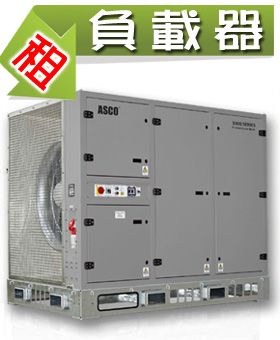工業設備技術領導者 (儲冰槽、冷卻水塔、發電機激磁系統)
Global Leader in Ice Thermal Storage
![]()
Diesel and Diesel Exhaust Catalytic Purifiers:
Diesel is a petroleum product used as a fuel. As a hydrocarbon mixture, it is obtained in the fractional distillation of crude oil between 250°C and 350°C at atmospheric pressure. Diesel is used in diesel engines, a type of internal combustion engine invented by Rudolf Diesel. Diesel engines convert the chemical energy contained in the fuel into mechanical power. Diesel fuel is injected under pressure into the engine cylinder where it mixes with air and where the combustion occurs. The exhaust gases which are discharged from the engine contain several constituents that are harmful to human health and to the environment. Carbon monoxide (CO), hydrocarbons (HC), and aldehydes are generated in the exhaust as the result of incomplete combustion of fuel. A significant portion of exhaust hydrocarbons is also derived from the engine lube oil. Nitrogen oxides (NOx) are generated from nitrogen and oxygen under the high pressure and temperature conditions in the engine cylinder. NOx consist mostly of nitric oxide (NO) and a small fraction of nitrogen dioxide (NO2). Sulfur dioxide (SO2) is generated from the sulfur present in diesel fuel. The concentration of SO2 in the exhaust gas depends on the sulfur content of the fuel. Low sulfur fuels of less than 0.05% sulfur are being introduced for most diesel engine applications throughout the USA, Canada and Europe. Diesel particulate matter (DPM), as defined by the EPA regulations and sampling procedures, is a complex aggregate of solid and liquid material. Its origin is carbonaceous particles generated in the engine cylinder during combustion. The primary carbon particles form larger agglomerates and combine with several other, both organic and inorganic, components of diesel exhaust. Generally, DPM is divided into three basic fractions
The actual composition of DPM will depend on the particular engine and its load and speed conditions. "Wet" particulates can contain up to 60% of the hydrocarbon fraction (SOF), while "dry" particulates are comprised mostly of dry carbon. The amount of sulfates is directly related to the sulfur contents of the diesel fuel. Since the development over the past decades, catalytic converter technology has been successfully employed to significantly reduce the harmful exhaust pollutants from gasoline-powered vehicles and diesel engines. We developed Diesel Exhaust Catalytic Purifiers on Three Way Catalyst basis to improve the performance of diesel engine emission purification. |
||||||
|




